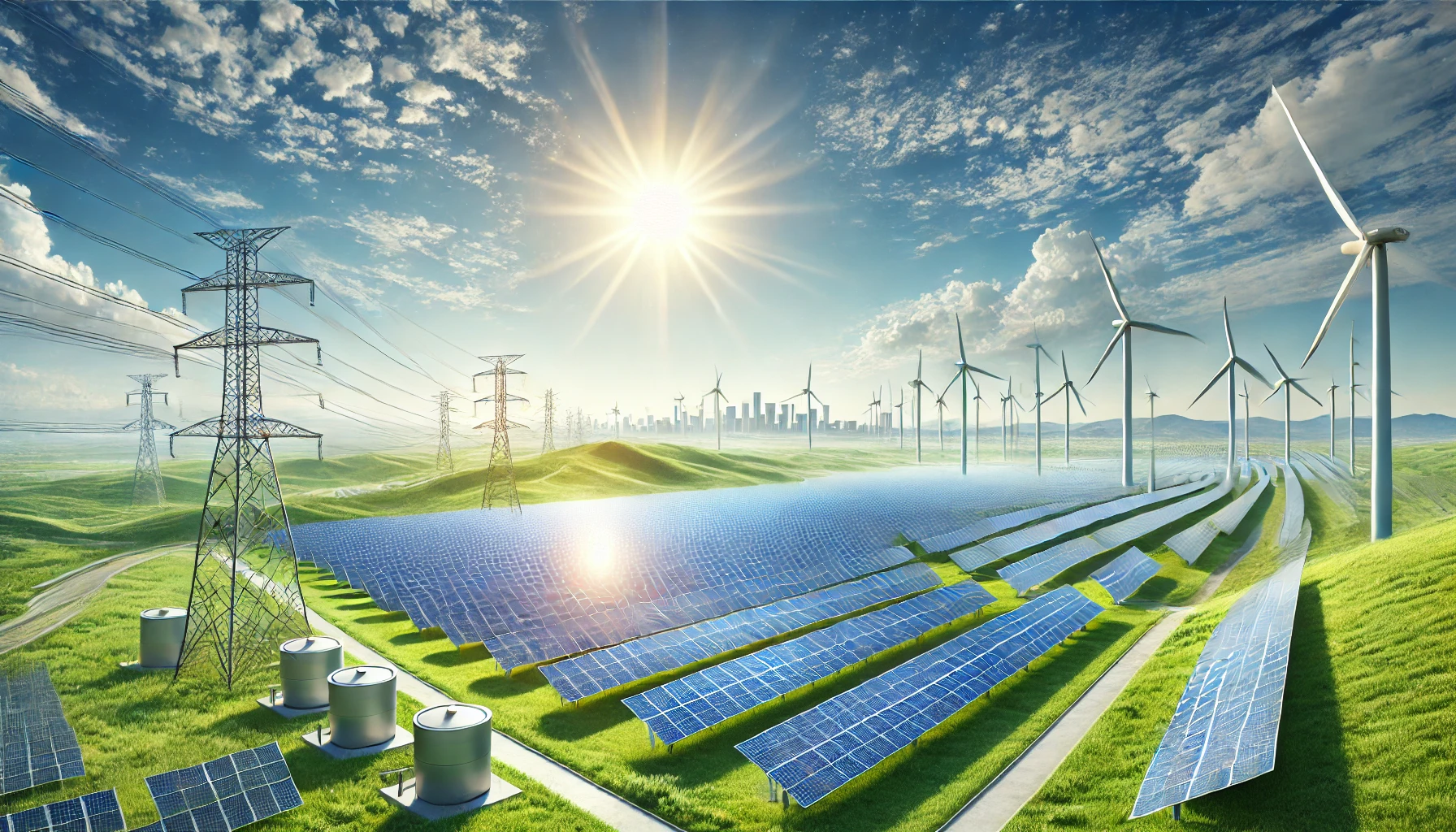World Bank Launches $150M Program to Boost Sri Lanka’s clean energy transition
“This program will help deliver clean, affordable electricity to families and businesses across Sri Lanka,” said David Sislen, World Bank Division Director for the Maldives, Nepal, and Sri Lanka.

- Country:
- United States
In a major move to accelerate Sri Lanka’s clean energy transition and reduce its dependence on costly fossil fuel imports, the World Bank Group has approved a $150 million program titled Secure, Affordable, and Sustainable Energy for Sri Lanka. The initiative is designed to help the country move toward affordable, reliable, and climate-resilient electricity, with a strong focus on increasing solar and wind power generation and leveraging private investment.
The program’s objective is ambitious but clear: support Sri Lanka’s long-term goal of generating 70 percent of its electricity from renewable sources by 2030, while simultaneously reducing power costs, improving supply reliability, and fostering economic growth.
1 Gigawatt of Renewable Energy and $800M in Private Investment
A centerpiece of the program is its commitment to enabling the addition of 1 gigawatt (GW) of solar and wind power capacity to Sri Lanka’s national grid. This is expected to substantially reduce reliance on imported fossil fuels—currently a major burden on the national economy—and enhance the country’s energy security.
The initiative is also expected to mobilize more than $800 million in private capital, thanks in large part to a suite of de-risking mechanisms and World Bank-backed guarantees. The $150 million funding includes $40 million in guarantees in the first phase, specifically designed to reduce payment risks from the Ceylon Electricity Board (CEB), Sri Lanka’s primary state-owned utility. By improving investor confidence, these guarantees will enable better access to financing on more favorable terms.
World Bank Group Leverages Combined Tools to Catalyze Change
“This program will help deliver clean, affordable electricity to families and businesses across Sri Lanka,” said David Sislen, World Bank Division Director for the Maldives, Nepal, and Sri Lanka. “We are excited to work with both the government and private sector to make this shared vision a reality.”
The World Bank’s private sector arms, the International Finance Corporation (IFC) and the Multilateral Investment Guarantee Agency (MIGA), will provide complementary support. IFC will offer direct investments and advisory support, while MIGA will provide political risk insurance to help alleviate investor fears in a market undergoing substantial regulatory and economic changes.
“Sri Lanka’s energy transition is an opportunity to expand clean energy, improve energy access, and build long-term resilience,” said Imad N. Fakhoury, IFC’s Regional Director for South Asia. “This requires close collaboration from both public and private sectors.”
Strengthening Infrastructure and Energy Governance
Beyond new power generation, the program will invest in critical infrastructure upgrades. These include modernization of Sri Lanka’s power grid to handle increased renewable integration, reduce transmission losses, and curb the frequency of power outages—particularly in rural and underserved areas.
The initiative will also enhance the capacity of the CEB by providing technical assistance in power sector planning, procurement, operational efficiencies, and regulatory compliance. Government-led reforms supported by the project aim to improve utility competitiveness, transparency, and corporate governance, laying the groundwork for a more robust and investor-friendly energy market.
A Pathway to Sustainable Growth
According to the World Bank, Sri Lanka’s clean energy transformation will generate more than just power—it will create thousands of new jobs, reduce energy costs for households and businesses, and cut greenhouse gas emissions in line with global climate goals.
Muhamet Fall, Director of Operations at MIGA, emphasized the importance of risk mitigation tools in unlocking capital: “Investors need confidence to take bold steps in new markets. Our guarantees will help de-risk projects and attract the private capital needed to scale up clean energy in Sri Lanka.”
Broad-Based Impact for Households, Businesses, and Climate
By utilizing the World Bank Group’s full array of financing, advisory, and risk mitigation tools, the initiative aims to create broad-based impact that goes beyond the energy sector. It aligns with Sri Lanka’s broader economic recovery agenda, which includes enhancing resilience, improving public services, and creating an enabling environment for sustainable private investment.
The project’s integrated approach demonstrates how development finance institutions can catalyze systemic change, especially in middle-income countries like Sri Lanka that face the dual challenges of energy security and climate vulnerability.
ALSO READ
IFC Partners with Lao PDR to Boost Private Investment and PPP Reforms
India's Crucial Role in Global Energy Transition: A WEF Report Insight
India's Green Hydrogen Leap: A Commitment to Energy Transition
‘Smart grid’ helps accelerate energy transition in Indonesia
India's Energy Transition Journey: A Global Insight










